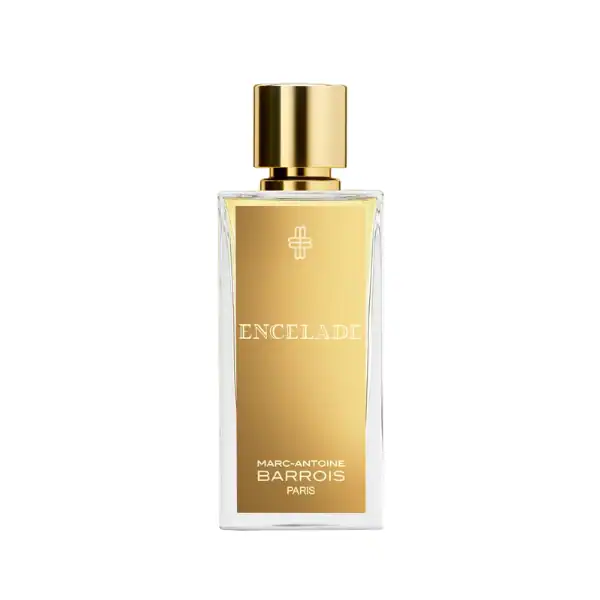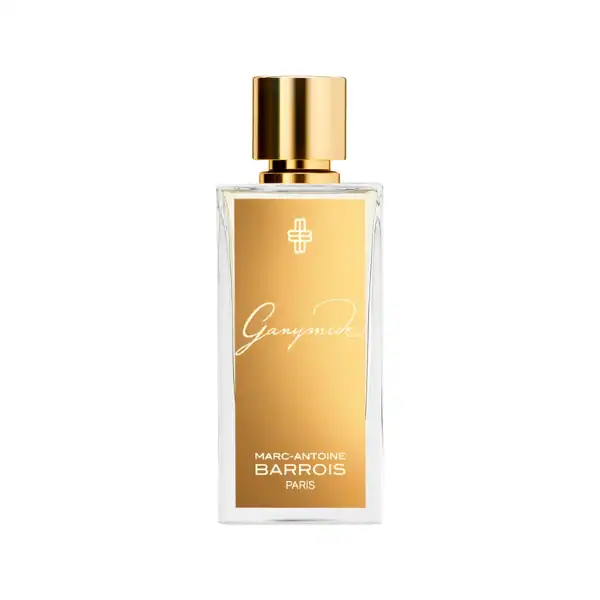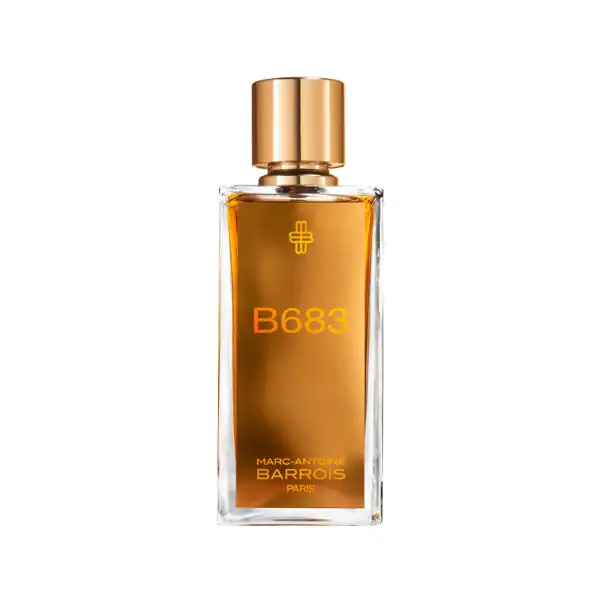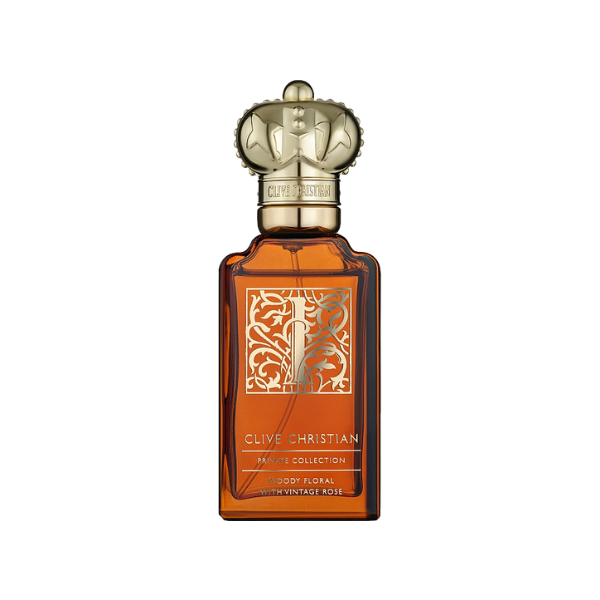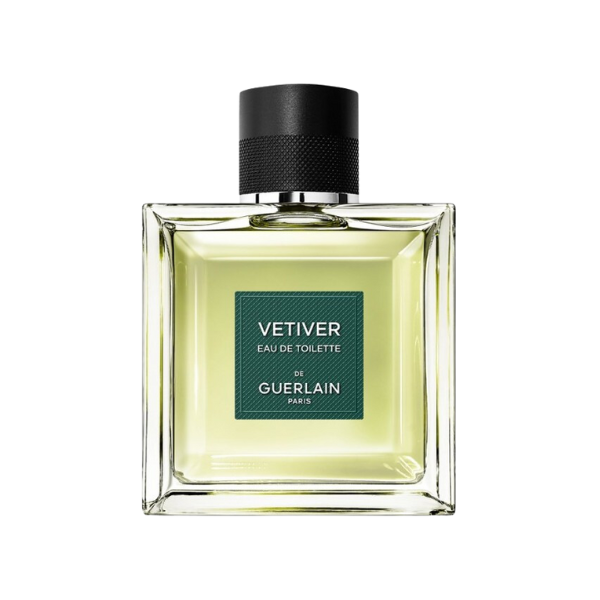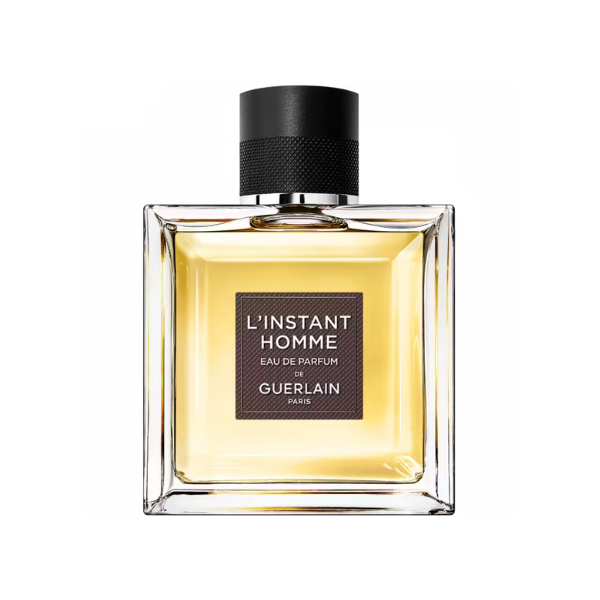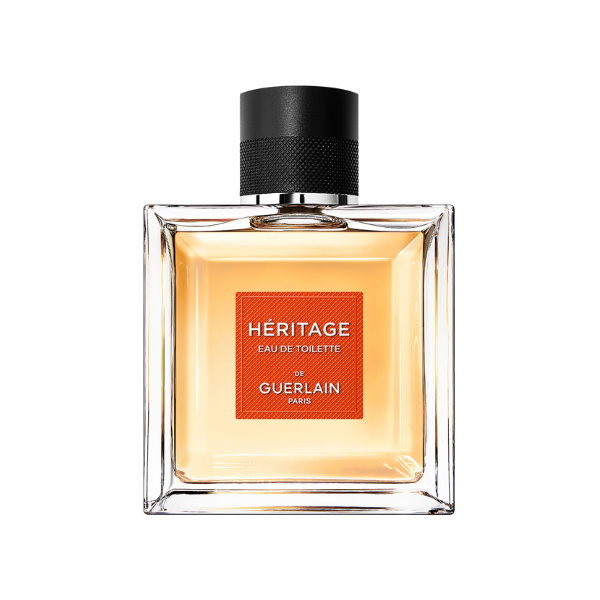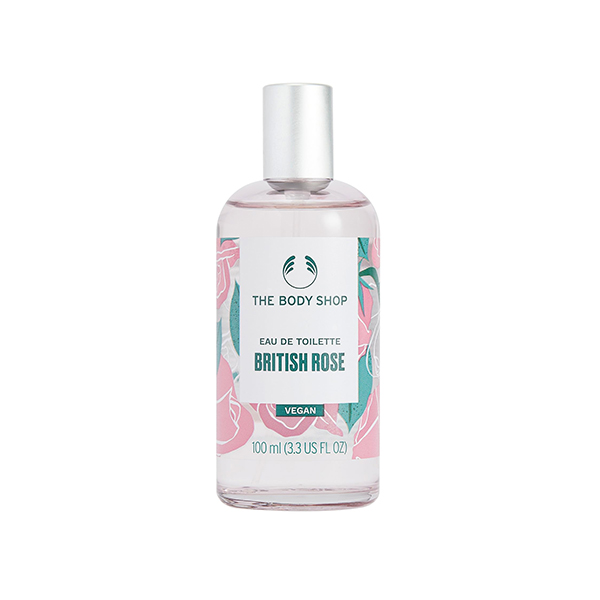Eau de Parfum vs Eau de Toilette vs Eau de Cologne: The Difference Explained
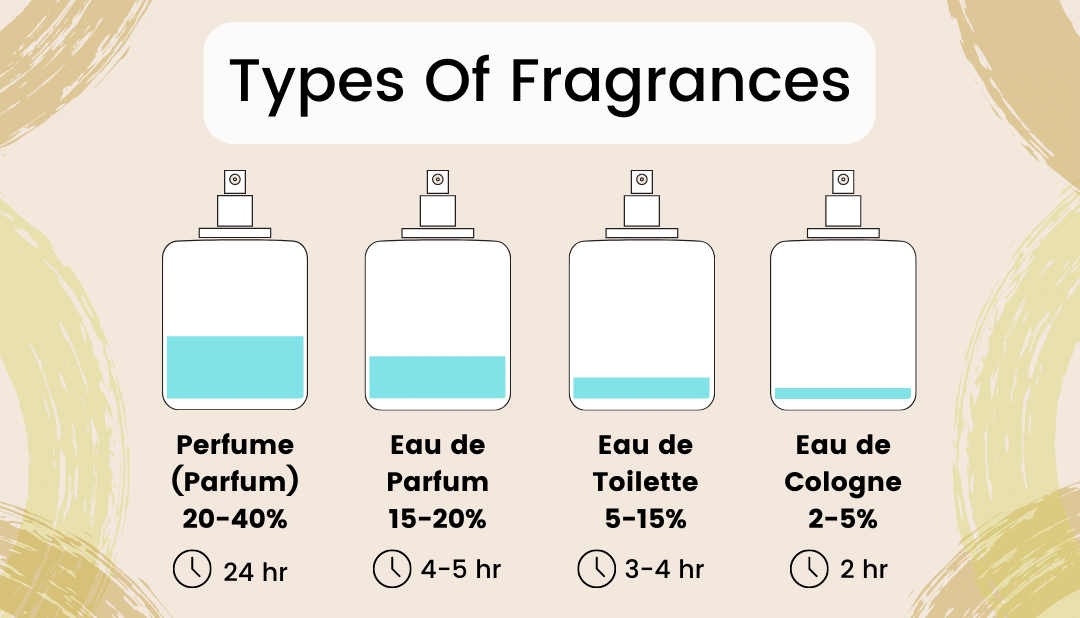
Home / Perfume Stories / Eau de Parfum vs Eau de Toilette vs Eau de Cologne: The Difference Explained
Eau de Parfum vs Eau de Toilette vs Eau de Cologne: The Difference Explained
Nowadays, there are more and more kinds of perfume, at all prices in the shelves of our perfumeries, discreet or heady, evanescent, or persistent.
Between Eau de toilette, Eau de cologne, Eau de parfum or perfume, it is not easy to find one’s way and even less to choose. To help you better understand the differences between these products, you must know their composition and their utility. Throughout this article we will also make recommendations for each category to start your fragrance journey at Beautinow.
What Is Eau de Cologne?
Eau de Cologne, often simply called “cologne,” is a type of fragrance with a light concentration of perfume oils, usually around 2–5%. This makes it the freshest and most subtle option compared to Eau de Parfum or Eau de Toilette. Originating in Cologne, Germany in the 18th century, its name comes from the German term Kölnisch Wasser, meaning “Water from Cologne.” Historically, eau de cologne was valued not only as a fragrance but also for its refreshing and hygienic qualities, often used to provide a quick energy boost. Today, it is best known for its citrusy, invigorating character, with notes like lemon, bergamot, neroli, and herbs. Because of its lighter composition, eau de cologne usually lasts 2–3 hours, making it ideal for warm climates, casual wear, or refreshing throughout the day. While often marketed towards men, it remains a unisex fragrance choice for those who prefer a clean and subtle scent.
What Is Eau de Toilette?
Eau de Toilette (often abbreviated as EDT) is a fragrance type with a moderate concentration of perfume oils, usually around 5–15%. This balance makes it lighter and fresher than Eau de Parfum but longer-lasting than Eau de Cologne. The term “toilette” comes from the French word for the grooming ritual of getting ready, reflecting its traditional use as a daily fragrance for personal care. Historically, eau de toilette was applied as part of morning hygiene routines, offering both freshness and a subtle energy lift. Today, it is appreciated for its clean, airy scent profile that generally lasts 3–6 hours, making it an excellent choice for daytime wear, office environments, and warmer seasons. Eau de Toilette is widely popular due to its versatility and more accessible price point compared to stronger perfume concentrations.
What is Eau de Parfum?
Eau de Parfum (often abbreviated as EDP) is one of the most popular fragrance types, containing a high concentration of perfume oils, usually around 15–20%. This makes it richer and longer-lasting than Eau de Toilette, while still lighter and more versatile than pure perfume. The term “parfum” comes from the Latin per fumum (“through smoke”), highlighting fragrance’s ancient role in rituals and personal care. Historically, Eau de Parfum evolved as a more practical, wearable version of pure perfume—offering lasting scent without being overpowering. On average, it lingers on the skin for 6–8 hours, depending on body chemistry and the fragrance blend. Eau de Parfum is ideal for both daytime and evening wear, striking the perfect balance between intensity and subtlety, making it a go-to choice for those who want a noticeable yet elegant fragrance.
What is Extrait de Parfum?
What is Extrait de Parfum?
Extrait de Parfum, often called pure perfume or parfum extract, is the most concentrated and luxurious form of fragrance, typically containing 20–40% perfume oils. Thanks to this high concentration, it delivers the deepest intensity, longest-lasting wear, and most complex scent evolution—often lingering on the skin for 12 hours or more. The word parfum originates from the Latin per fumum (“through smoke”), linking back to the ancient use of aromatic resins in rituals and personal care. Historically, extrait de parfum was reserved for royalty and the elite, symbolizing wealth and refinement. Today, it is chosen by fragrance lovers who value richness, sophistication, and longevity. Best suited for special occasions, evenings, and cooler seasons, extrait de parfum offers an unparalleled fragrance experience with just a few drops.
Eau De Parfum
Eau de Cologne vs Parfum
This perfumed water was composed in its basic formulation of spirit-of-wine, water of lemon balm and spirit of rosemary, enhanced with essence of bergamot, neroli, citron and lemon.
Eau de Cologne is composed mainly of alcohol, which must be of very good quality. Its concentration is lower than the perfume, which makes it lighter. Its fragrance is so subtle that it does not stay on the skin or clothes for long (about 2 hours).
Eau de Cologne is much easier to make than a concentrated perfume and remains a very affordable product.
Eau de Toilette vs. Perfume
au de toilette vs parfum is one of the most common comparisons when it comes to fragrances. The key difference lies in the concentration of perfume oils: parfum (also called extrait de parfum) contains the highest concentration, making it richer, more intense, and longer-lasting. Eau de toilette, on the other hand, has a lighter concentration, which gives it a fresher and more subtle scent that is ideal for everyday wear or warmer climates. While parfum often lingers on the skin for 8–12 hours, eau de toilette usually lasts 3–6 hours, offering a more affordable and versatile option for daily use.
Eau de Toilette
FAQ's About Perfume Concentration
What is the difference between perfume and Eau de Parfum?
The main difference lies in the fragrance concentration. “Perfume” (also known as extrait de parfum or pure perfume) has the highest concentration of fragrance oils, usually between 20–40%, making it the most intense and long-lasting option. Eau de Parfum (EDP) typically contains 15–20% fragrance oils, giving it a rich scent with slightly less intensity than pure perfume but more longevity than eau de toilette.
What is Eau de Parfum used for?
Eau de Parfum is ideal for both daytime and evening wear, especially when you want a noticeable and lasting fragrance without being overpowering. It’s versatile enough for special occasions, office settings, and daily use, depending on the scent profile.
Is Eau de Parfum long-lasting?
Yes, Eau de Parfum is long-lasting compared to lighter options like eau de toilette or eau de cologne. On average, it lasts between 6–8 hours on the skin, depending on factors like body chemistry, application areas, and the fragrance itself.
What is the difference between Parfum and Eau de Parfum Intense?
Parfum is the most concentrated form, offering deep, long-lasting intensity. Eau de Parfum Intense, however, is a stronger and more potent version of a traditional Eau de Parfum. While not as concentrated as pure parfum, it contains more fragrance oils than standard EDP, giving it greater longevity and projection.
Should I buy Eau de Parfum or Toilette?
It depends on your preference and lifestyle. Choose Eau de Parfum if you want a more intense, long-lasting scent for evenings, colder seasons, or special occasions. Opt for Eau de Toilette if you prefer something lighter, fresher, and more casual for everyday wear, especially in warmer weather.
Which type of perfume lasts the longest?
Perfume (extrait de parfum) lasts the longest due to its high concentration of fragrance oils. It can linger on the skin for 12 hours or more, while Eau de Parfum usually lasts 6–8 hours, and Eau de Toilette lasts around 3–6 hours.
Conclusion
Whether it is an eau de parfum, an eau de toilette or a perfume extract, the fragrance must function as a mirror of your soul, and be in perfect harmony with your inner self.
Until the 70’s, we had the choice between perfume extracts for the evening, and Eau de toilette and Eau de Cologne for the morning. Perfumery was at the time very codified. Nowadays it’s the opposite, there are a myriad of different options to choose from, and freedom to express one’s personality through the fragrance worn.
Eau de Cologne, Eau de Toilette, Eau de Parfum and Extrait de Parfum depend on this percentage and differences that inevitably determine intensity or persistence of a fragrance.
Furthermore, each type of fragrance will be orchestrated differently. The tenacity and the trail are the proof that the perfume has been perfectly orchestrated and proves the talent of the perfumer.
For a long-lasting scent, choose a higher concentration and therefore perfume extract or Eau de parfum.
For a more discreet and lighter scent, orient your choice towards the Eau de toilette.


